In modern automotive systems, the performance of the Automobile Heating Control Valve is closely tied to the precision of its manufacturing process. This valve plays an essential role in regulating coolant flow to the vehicle’s heating system, directly affecting cabin comfort and engine operation. The increasing complexity of vehicles requires that these components meet strict quality and performance standards, which can only be achieved through advanced manufacturing techniques.
The Automobile Heating Control Valve works closely with the Automotive Electronic Water Pump to regulate engine temperature and cabin heating. The Automotive Electronic Water Pump ensures continuous coolant circulation, while the valve controls the flow rate to the heating core. Precision manufacturing of both components is necessary to achieve the coordinated operation that supports efficient heat distribution.
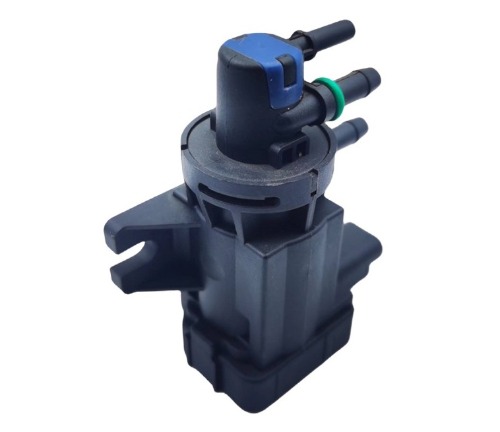
Precision manufacturing ensures that every Automobile Heating Control Valve meets exact specifications, enabling consistent operation under various conditions. The valve’s components must fit ideally to prevent leaks and ensure smooth movement. Tolerances in machining, assembly, and material quality all influence the valve’s effectiveness. High precision in production helps maintain the balance between coolant flow and temperature control necessary for efficient heating.
Automotive manufacturers increasingly demand that Automobile Heating Control Valves operate reliably over extended periods and under fluctuating temperatures. Precision manufacturing reduces the risk of premature failure caused by wear or material fatigue.
Another benefit of precision manufacturing is the ability to integrate more complex valve designs. Modern heating control valves often include electronic actuators and sensors that require exact positioning and assembly. The integration of electronics with mechanical parts demands that manufacturing processes meet high standards to avoid malfunctions.
In addition to machining accuracy, material selection and treatment are critical to the valve’s durability. Precision manufacturing includes controlled processes for coating, heat treatment, and surface finishing to improve corrosion resistance and mechanical strength. These processes help the Automobile Heating Control Valve withstand the harsh environment of engine coolant systems, which involve exposure to chemicals and thermal cycling.
With the growing adoption of electronic control in heating systems, manufacturers have incorporated smart features into these valves. Precision manufacturing facilitates the integration of sensors that provide real-time feedback to the vehicle’s control system. This data helps optimize the heating process by adjusting valve positions dynamically based on driving conditions and passenger preferences. The interaction between the valve and the Automotive Electronic Water Pump becomes increasingly important in achieving stable heating performance.
Quality control is an integral part of precision manufacturing for Automobile Heating Control Valves. Rigorous inspection methods, including dimensional checks, pressure testing, and durability simulations, ensure that each valve meets performance criteria before installation. The same high standards also apply to the Automotive Electronic Water Pump, as both components must perform dependably over the vehicle’s service life.
Environmental considerations also influence manufacturing practices. Precision manufacturing reduces waste by optimizing material usage and minimizing rework. Additionally, adopting environmentally friendly processes aligns with automotive industry efforts to reduce ecological impact throughout the vehicle lifecycle.
The combination of accurate machining, advanced materials, and integrated electronics enables valves to meet the demands of modern automotive heating systems. Collaboration with the Automotive Electronic Water Pump enhances the system’s overall efficiency and comfort.
As vehicle designs evolve, the importance of precision in manufacturing heating system components will continue to grow. Manufacturers committed to these standards help ensure that both the Automobile Heating Control Valve and the Automotive Electronic Water Pump deliver consistent, efficient heating and contribute to overall vehicle quality.

 English
English русский
русский Español
Español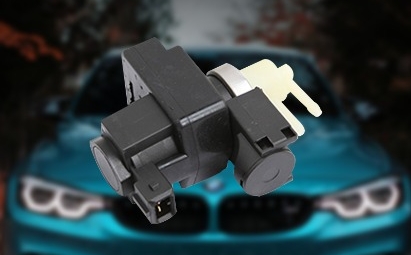

 View More >>
View More >>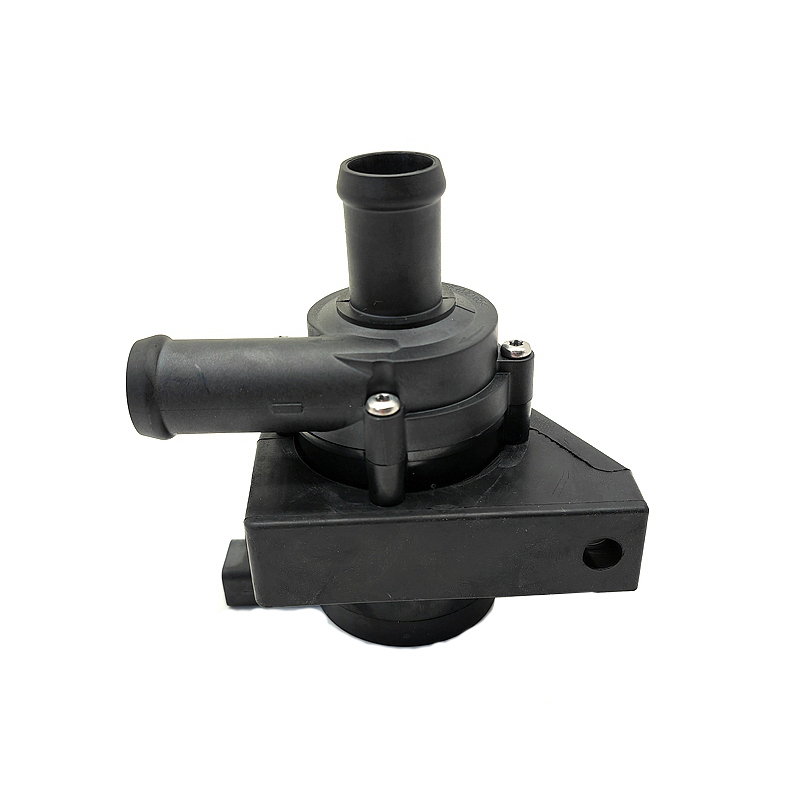 View More >>
View More >>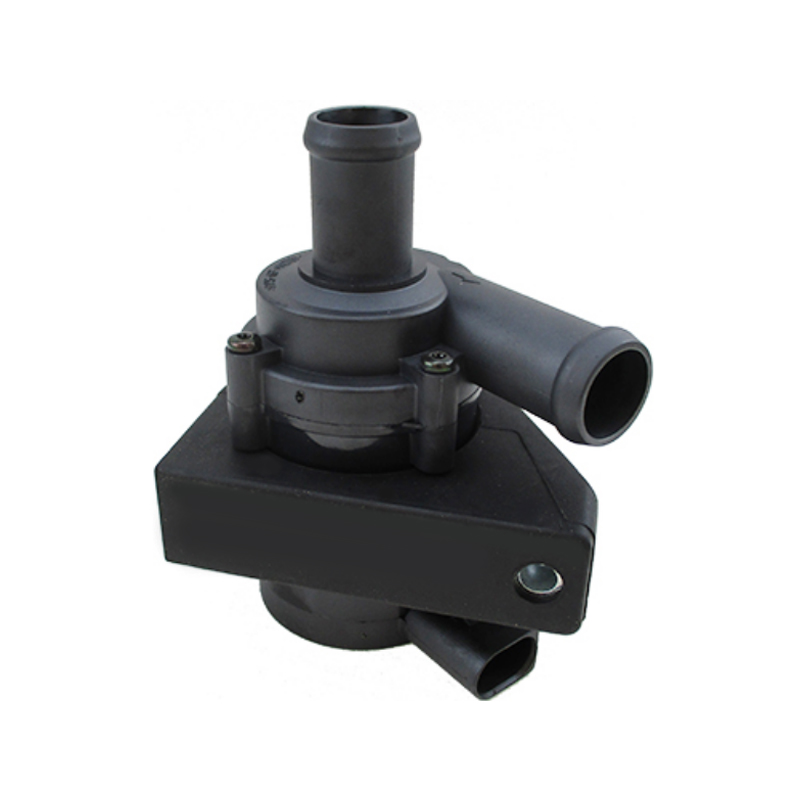 View More >>
View More >>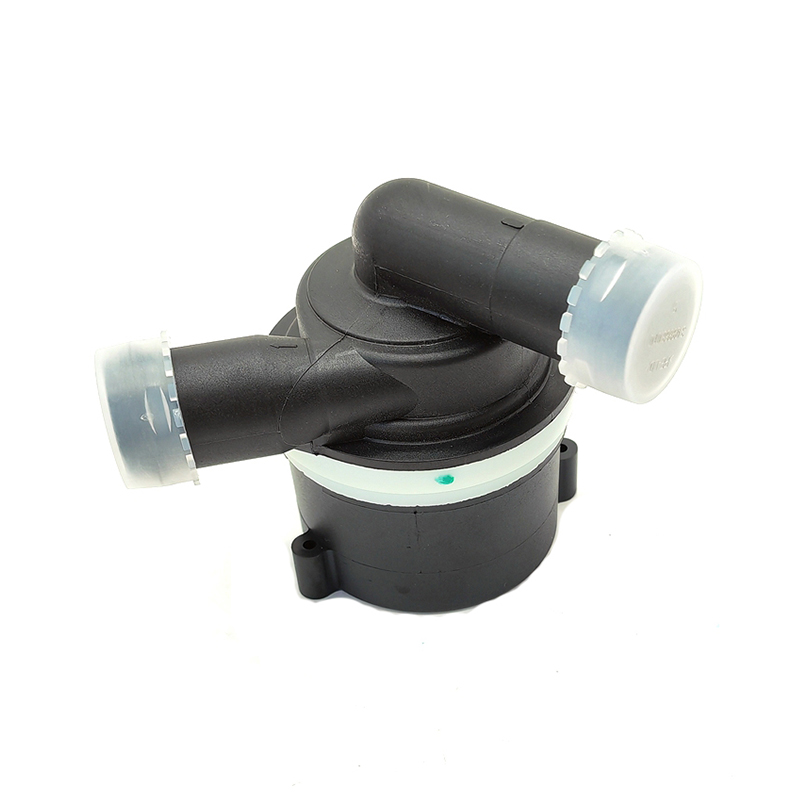 View More >>
View More >>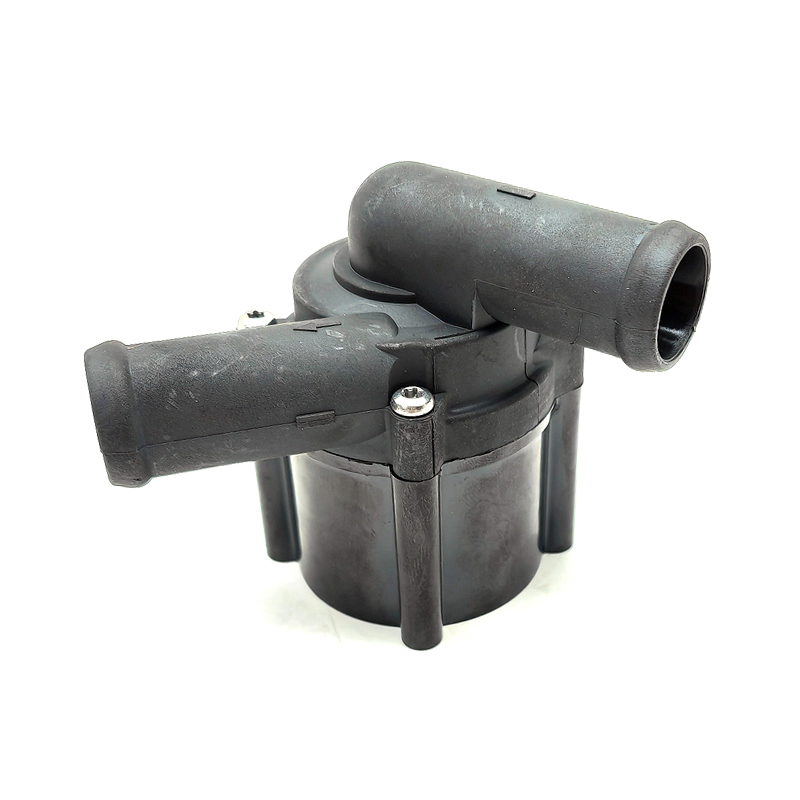 View More >>
View More >>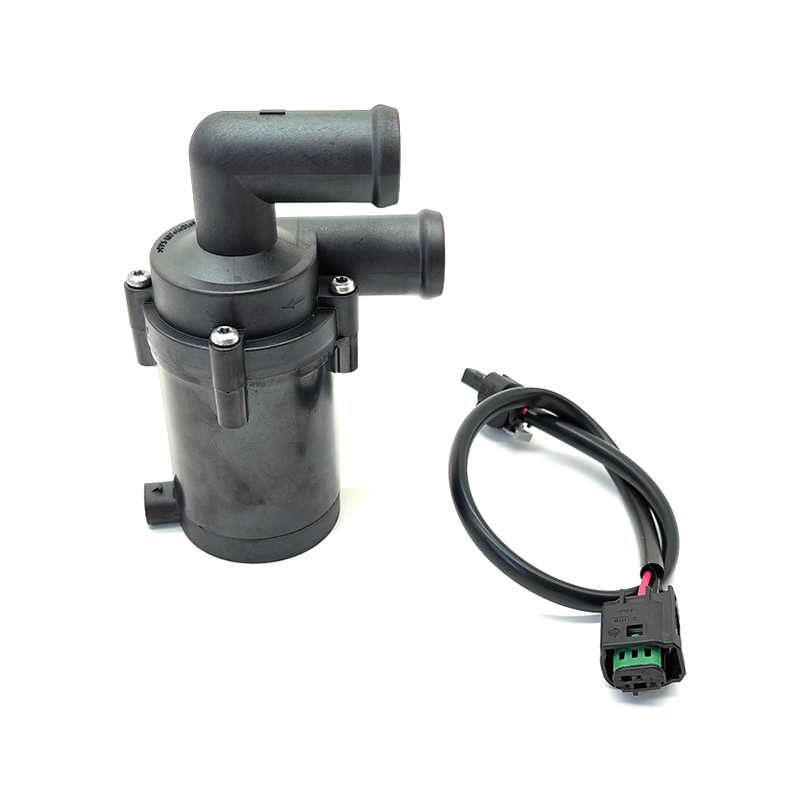 View More >>
View More >>